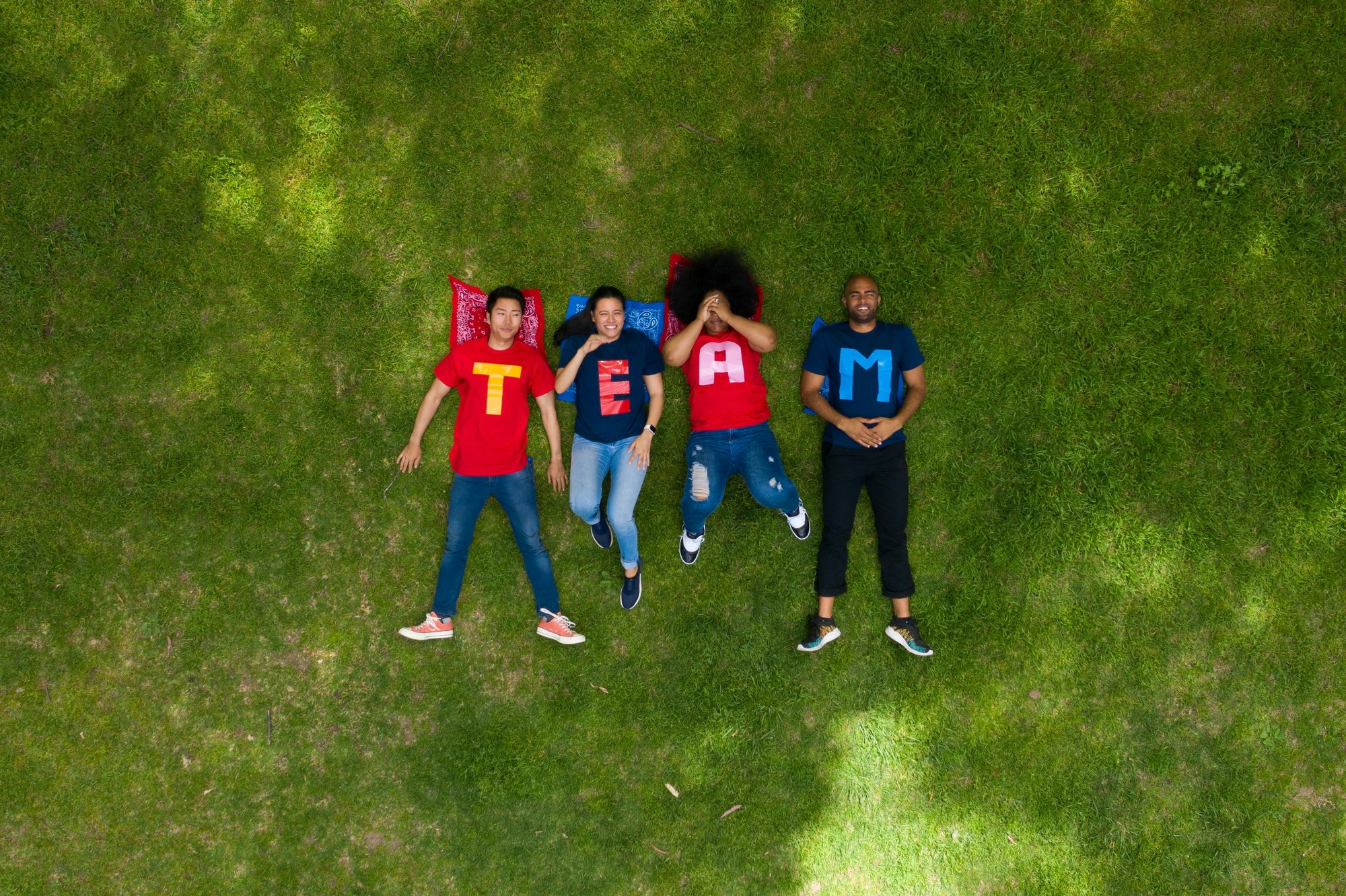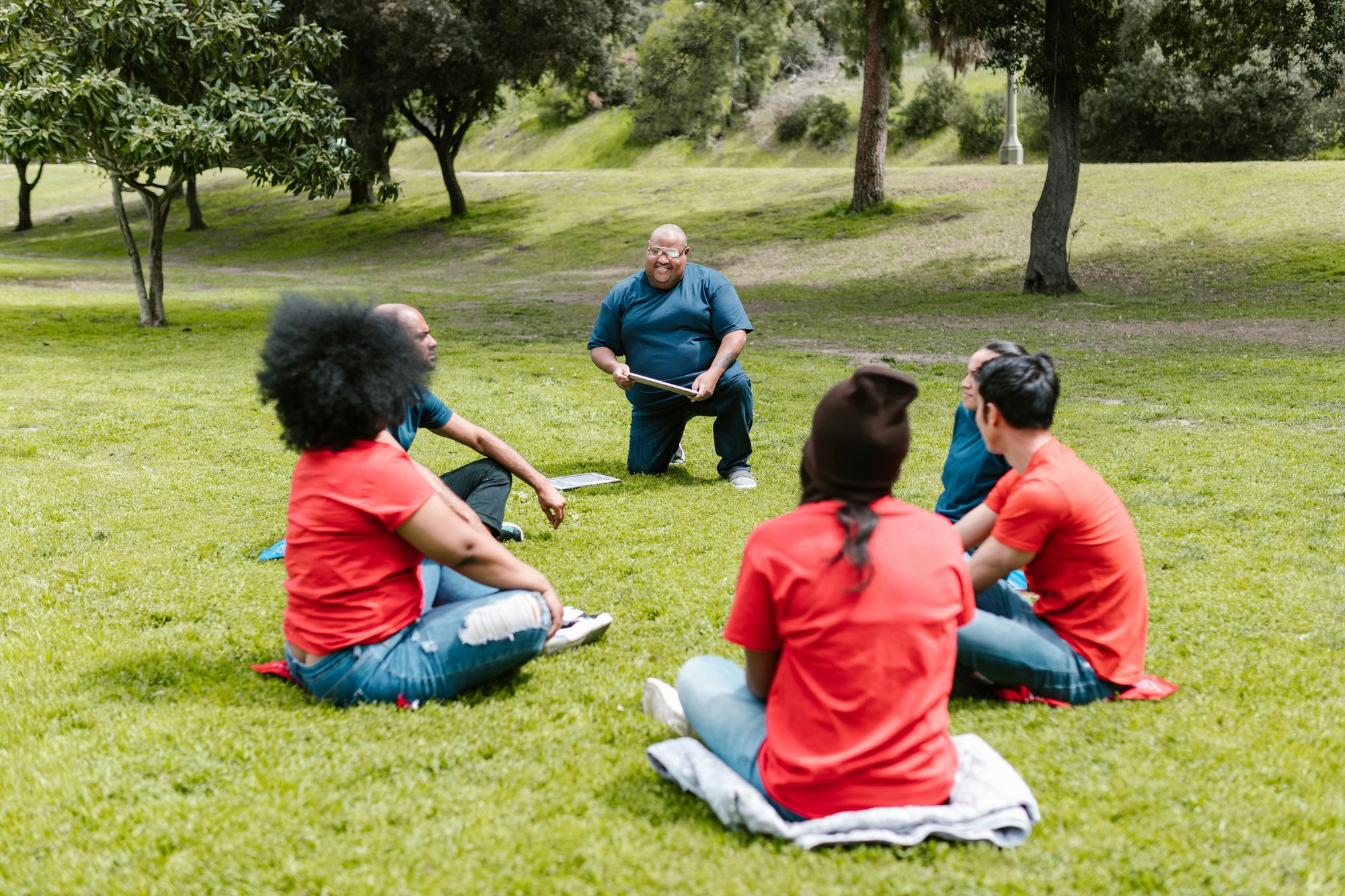Lead Culture with Coaching Approach
Expressive and behavioral tools needed to create and sustain a psychologically safe, committed, motivated, dialogical, and community-driven organizational culture through systemic and coaching leadership.
It breaks down outdated and limiting leadership roles and expectations. Coaching leadership is based on adopting an appreciative and systemic leadership mindset and embodying it through behavior – unfortunately, good intentions and cognitive understanding are not enough.
Lead interaction - not individuals!
This training is suitable for leaders, managers, team leaders, and all key personnel in an organization who are responsible for developing and leading its culture. The program can be the first step in an organizational culture transformation process, providing leadership with the tools needed to support the process right from the start. The training can also serve as a continuation of any other module.
What are the outcomes?
In this training, you will:
-
- Learn to consciously use your own expression as a conscious tool to lead interaction and culture.
- Be able to create and maintain psychosocial safety and authentic dialogue in your workplace.
- Gain tools to strengthen commitment, intrinsic motivation, and self-leadership within your organization.
- Recognize your own influence and use it in a more coaching and empowering way.
- Become more aware of how you use body language to communicate clearly and in alignment with your values—without mixed messages.
- Lessen your workload as your learn to trust in others'
- Notice how strengthening the agency of employees reduces the need for micromanagement.
- Understand how to provide truly constructive and empowering feedback.
- Build a fire-safe environment, significantly reducing the need for putting out metaphorical fires.

About the Content
In this training, we will explore the key aspects of leadership communication and dive deep into the specific skills required for both the leader's role and as a member of the workplace community. The training is interactive, highly experiential, and guaranteed to be fun. We will practice meta-skills in communication and connect them to the phenomena that make up a community's communication culture. The development of effective leadership and communication culture will be combined with concrete examples in this session.
The key areas of effective communication covered in this training are:
- Listening: Active listening and its role in communication.
- Sharing Information: Fostering a two-way knowledge flow, rather than a one-way communication approach.
- Constructive Communication: Reducing competition consciously and strengthening collaboration.
- Finding Common Ground: Aligning individual and organizational interests in a dialogic process.
- Setting Goals: A dialogic process to create a shared strategy.
- Guiding Feedback and Compassion: Tools for providing genuinely coaching, goal-oriented feedback.
- Proactivity and Influence: Using your own influence proactively.
- Self-Leadership: Identifying your own strategies and making conscious choices regarding them.

About the implementation
The training is highly interactive and based on practical exercises and reflection discussions. It will be conducted as a 2-month virtual group process, using Zoom and Howspace platforms.
The structure includes:
- Kick-off: Group formation, active listening – introduction of the first learning task.
- Sharing Information: Dialogical knowledge flow, shared expertise – introduction of the second learning task.
- Constructive Communication: Either-or vs. Both-and, building the tower of ideas – introduction of the third learning task.
- Finding Common Ground: The interests of the employee, leader, organization, or customer? – introduction of the fourth learning task.
- Setting Goals: Co-creating goals together! – introduction of the fifth learning task.
- Guiding Feedback and Compassion: How can encouraging feedback be made effective? – introduction of the sixth learning task.
- Proactivity and Influence: Using your own expression as a conscious tool – introduction of the seventh learning task.
- Self-Leadership: Final reflection and next steps.
